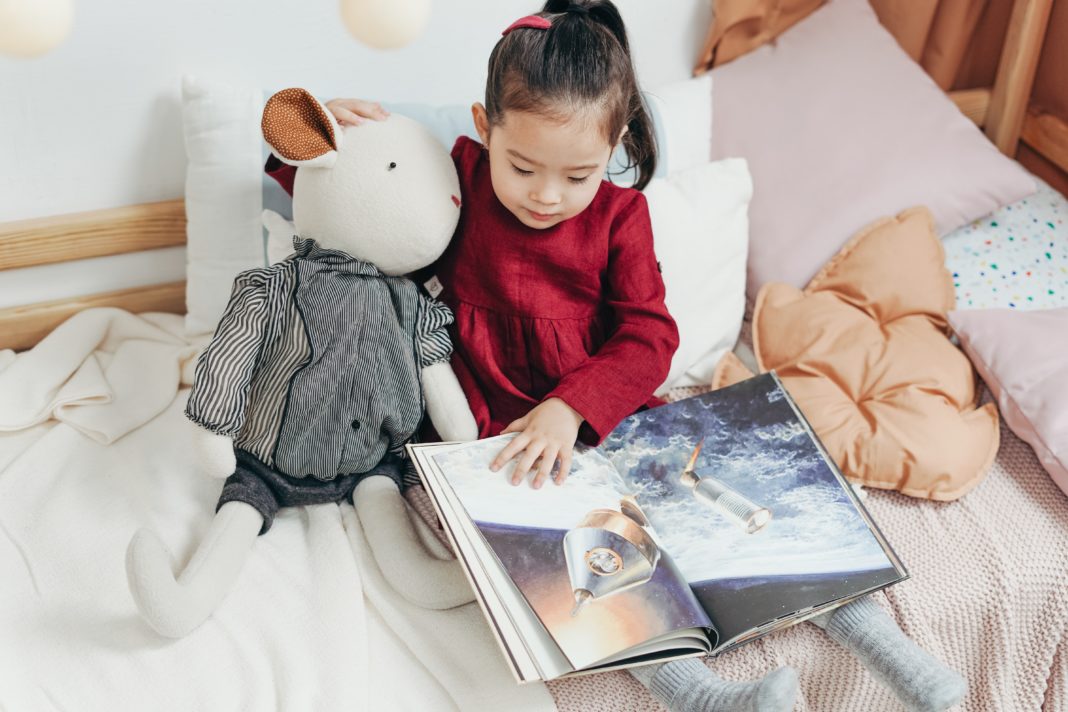
The early-stage reading habit has myriad benefits, including boosting imagination, promoting concentration, and strengthening neural connections. But the arrival of screens in our lives has reduced the time we spend reading.
How can we get our children to read without suffering in the process, or without them seeing it as a school-related activity? Here are some easy-to-apply tips to help your little ones get into the habit of reading and benefit from the lifelong learning that books provide.
Practice daily without falling into a routine
It sounds contradictory because what we are looking for is to create a routine, but for some reason the little ones are fascinated by new things, so to prevent reading from becoming a task to do like brushing teeth or taking a bath, we must be creative.
Changing the place where we read with them and offering new readings constantly will be the best thing to do. One day in bed, another day in the living room, then in the park, the point is that they don’t relate reading to a specific time or place, that it becomes part of their life.
Involve them
Children are excited to make decisions; on the contrary, when we impose, we will immediately notice a negative attitude on their part.It is recommended that we allow them to choose the readings, take them to the bookstore and let them choose the books themselves. Taking an interest in the topics they read or asking them questions can encourage their desire to read.
Make it fun
A child’s first approach to reading can be at a very early age. From six months on we can begin to create a reading routine with books that are appropriate and above all fun. By the time a child is able to flip through a book on their own we should find short readings with attractive illustrations, and bring out our best interpretations to keep them entertained.
Encourage them to read in digital media
For those of us who consider ourselves lovers of books on paper and ink, the idea of reading through an electronic device doesn’t appeal much. But for our little ones, it can be a fun and familiar way to read. Also, we’ll be teaching them that tablets and cell phones can be used for more than just videos and video games.

Teach by example
A child may hear night and day that reading is good, but if it isn’t an activity with which he or she is familiar, it is likely that he or she will not practice it.When teaching our children good habits it is vitally important that they observe us practicing them, this applies to eating, exercise, and obviously reading.
Schedule an hour a day to read, make it a daily activity, even just for a few minutes, as much a daily activity as eating or sleeping. To encourage reading in children we must first make it part of our lives.












